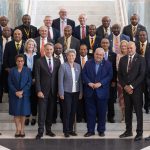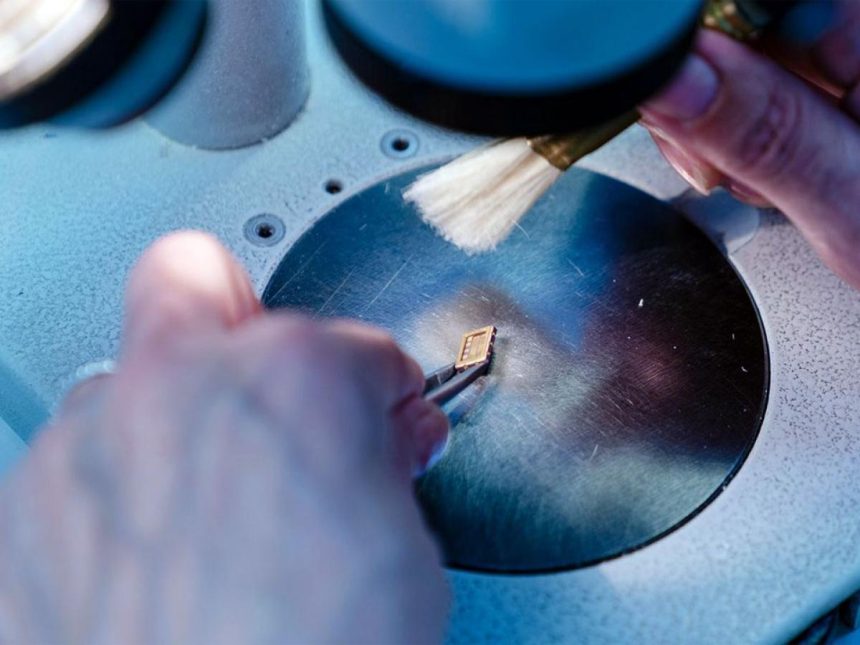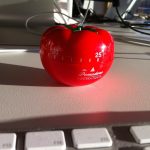Laureates & Their Work
The 2025 Nobel Prize in Physics has been awarded to John Clarke, Michel H. Devoret, and John M. Martinis for groundbreaking experiments that demonstrated quantum mechanical phenomena in superconducting electrical circuits, paving the way for quantum computing, sensors, and encryption technologies.
Their work, beginning in the 1980s, showed that quantum behaviors such as tunnelling and energy quantification—normally confined to atomic scales—could manifest in macroscopic circuits. These discoveries helped bridge the gap between abstract quantum theory and practical, large‐scale applications.
Scientific Importance & Legacy
- The trio’s experiments used superconducting circuits with Josephson junctions to reveal how quantum phenomena can be manipulated in circuits large enough to be engineered and measured.
- Their discoveries form the foundation for superconducting qubits, currently one of the leading architectures in quantum computing efforts worldwide.
- The Nobel committee emphasized that their work “makes the oddities of quantum mechanics visible and usable” in real-world devices.
The Laureates at a Glance
- John Clarke works at UC Berkeley and led the foundational experiments.
- Michel Devoret is affiliated with Yale University and UC Santa Barbara; his contributions span theory and experiment.
- John Martinis, formerly leading Google’s Quantum AI Lab, is based at UC Santa Barbara and has helped translate foundational knowledge into prototype devices.
Broader Impacts & Future Prospects
- The award signals the maturation of quantum technologies from lofty theory to engineering reality.
- It underscores how quantum computing, cryptography, and sensing may reshape computing, communications, and measurement across disciplines.
- The recognition may spur more funding, attention, and collaboration in quantum research globally.











